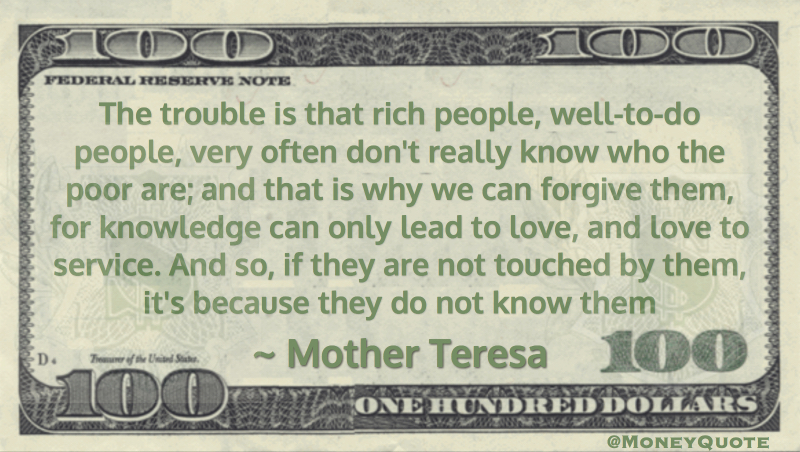Posts Tagged ‘well-to-do’
William Jennings Bryan: Prosperity
on Saturday, June 26, 2021William Jennings Bryan Money Quote saying early in the 20th Century that trickle-down economics should be reversed to grow the economy from the ground upward. William Jennings Bryan said:

“There are two ideas of government. There are those who believe that, if you will only legislate to make the well-to-do prosperous, their prosperity will leak through on those below. The DEMOCRATIC idea, however, has been that if you legislate to make the masses prosperous, their prosperity will find its way up through every class which rests upon them” — William Jennings Bryan
In this quote, William Jennings Bryan is contrasting two philosophies of governance. He suggests that while some believe wealth will “trickle down” by focusing policies around the affluent, the Democratic view is that a more equitable approach is to make legislation that directly benefits average citizens and workers.
Bryan implies that improving conditions for the many will indirectly strengthen the whole economy and society, whereas primarily assisting the few at the top does not guarantee gains will reach others below.
Overall, the quote portrays Bryan endorsing a bottom-up model of governance focused on widespread prosperity, rather than a top-down hope that benefits for the wealthy alone will be widely shared.
Birthday: March 19, 1860 – Death: July 26, 1925
William Morris: Industrious Worker
on Saturday, February 23, 2019William Morris Money Quote saying the well-off are happy to praise the happy little worker bees who toil away without time off and support others with their toil. William Morris said:

“Most of those who are well-to-do cheer on the happy worker with congratulations and praises, if he is only “industrious” enough and deprives himself of all pleasure and holidays in the sacred cause of labour. In short, it has become an article of the creed of modern morality that all labour is good in itself – a convenient belief to those who live on the labour of others” — William Morris
In this quote, William Morris seems to be criticizing the view held by some wealthy people that overworking and depriving oneself is morally virtuous. Some key points:
- He notes that those who are “well-to-do” (financially comfortable) often praise hardworking individuals who forgo all pleasure and leisure time for the sake of labor.
- However, Morris implies this is done more to assuage their own guilt over living off others’ work rather than out of real concern for workers’ well-being.
- He argues it has become a modern “article of creed” that any and all labor is inherently good, a notion that conveniently benefits those who profit from others’ toil but do not work as hard themselves.
- Morris seems to believe an excessive, joyless work ethic enforced on workers primarily serves the interests of the rich rather than being for the good of laborers.
Overall, the quote suggests Morris viewed the mentality that more work is always better as a construct that allowed the wealthy classes to feel righteous while exploiting the labor of those below them for their own gain and leisure at workers’ expense.
Birthday: March 24, 1834 – Death: October 3, 1896
Mother Teresa: Rich Don’t Know Poor
on Tuesday, March 15, 2016Mother Teresa Money Quote saying with knowledge of the poor, comes love and empathy. Allow the rich to know poor. Mother Teresa said:

“The trouble is that rich people, well-to-do people, very often don’t really know who the poor are; and that is why we can forgive them, for knowledge can only lead to love, and love to service. And so, if they are not touched by them, it’s because they do not know them” — Mother Teresa
In this quote, Mother Teresa seems to be saying that wealthy or affluent people often do not truly understand who the poor are or what poverty means.
She suggests this lack of understanding and connection can be forgiven, because direct exposure to and experience with the poor is needed in order to develop true care, compassion, and love for them.
Mother Teresa appears to believe that only through gaining knowledge of the poor and their struggles, by interacting with them and being “touched by them”, can rich people come to serve those in need.
The best interpretation is that she felt personal contact was vital for the affluent to develop empathy and a desire to help alleviate poverty.
Birthday August 26, 1910 Death: Sept. 5, 1997
